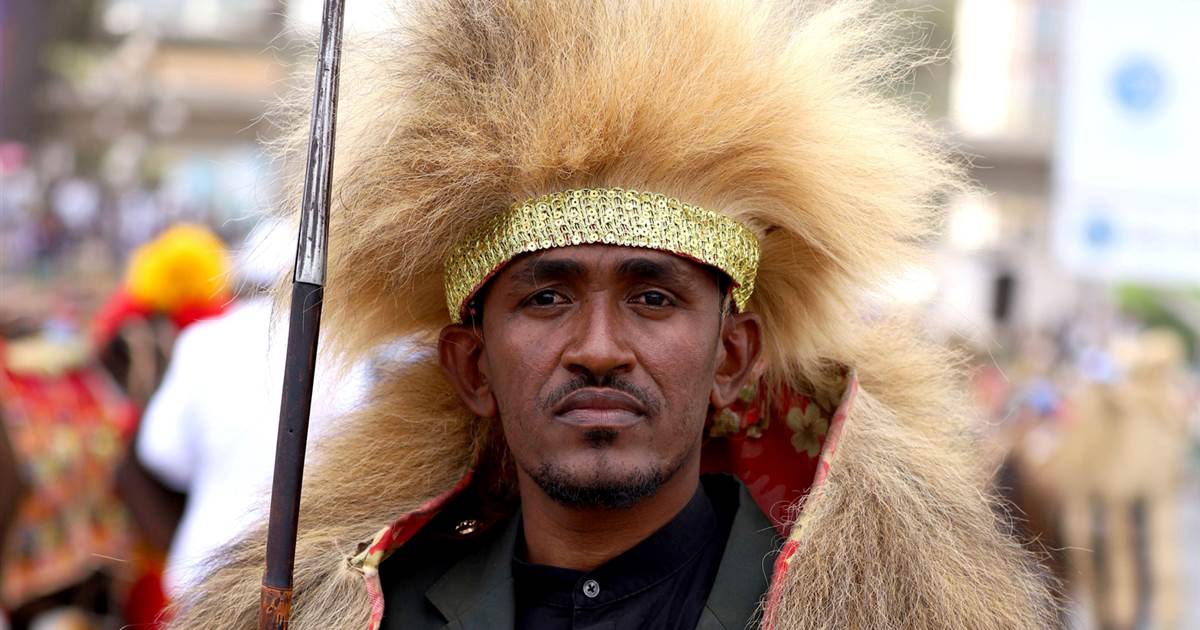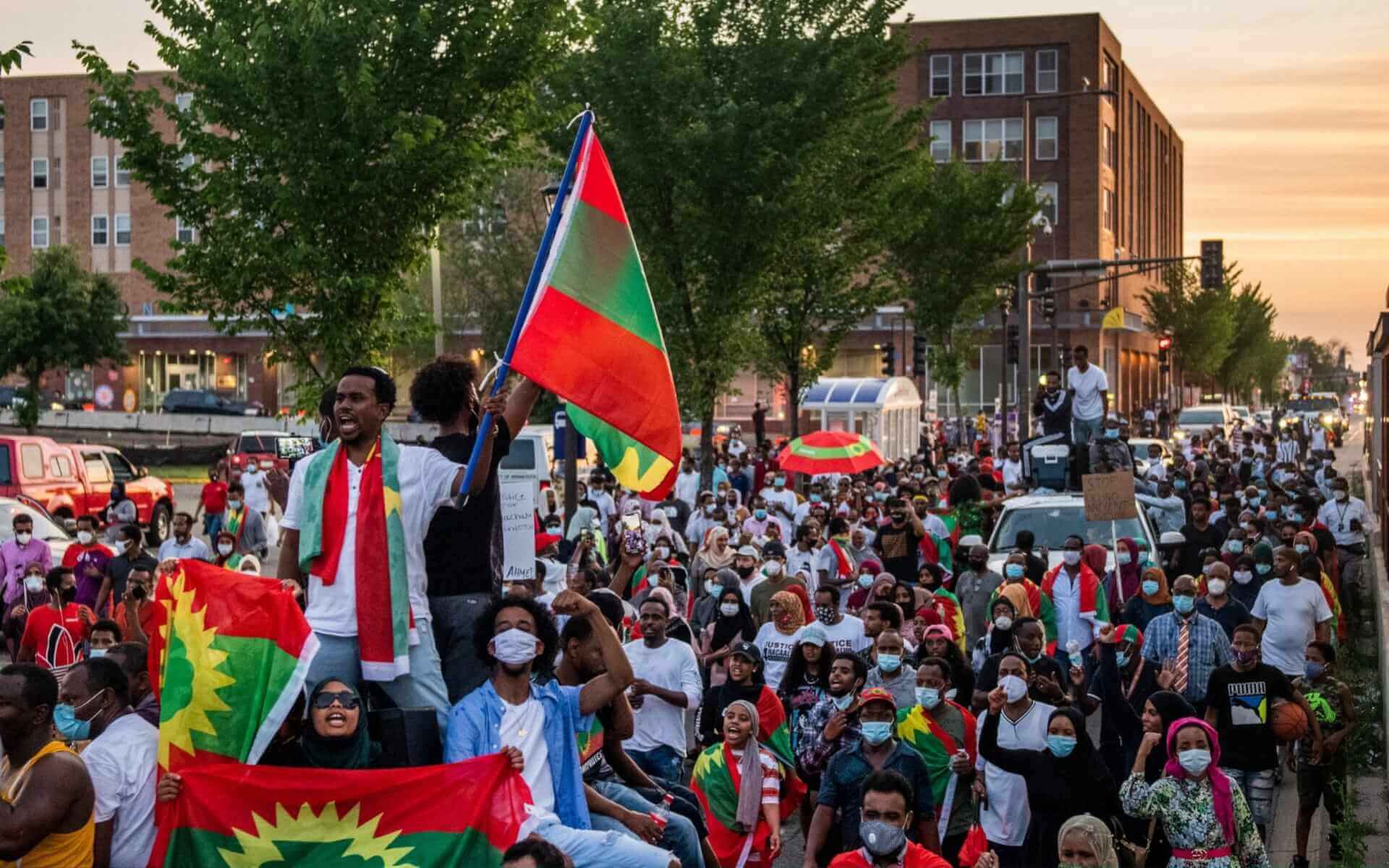Two people were killed and several others injured at the funeral of Ethiopian singer and activist Haacaaluu Hundeessaa, who was gunned down last week by armed assailants. Residents of Adama, Hundeessaa’s hometown around 100 km away from Addis Ababa, also reported the presence of federal and regional police, as well as soldiers, lining streets and firing shots into the air in attempts to deter people from entering the arena where the funeral was taking place.
Thousands of Ethiopians, mainly belonging to the Oromo ethnic minority group, have been engaged in violent protests in the Oromia region following the musician’s death on Monday night, leading to over 81 deaths and several injuries in clashes with security forces. In the country’s capital city, around eight people died during the protests, which included several bomb blasts. 
While the true motive behind Hundeessaa’s assassination remains unclear, the 34-year-old Oromo singer had reported receiving death threats. His songs, which mainly focused on the rights of the Oromo people, had become defining anthems in the country’s last wave of protests that had led to the toppling of the previous Prime Minister, Hailemariam Desalegn, in 2018. The Oromos are Ethiopia’s largest ethnic group, who claim historical and natural governing rights over parts of the country that are currently under federal rule.
For decades, the most burning debate among the Oromos and state authorities has been that of the ownership of the capital Addis Ababa, which is located “in the heart of Oromio”. The Oromos refer to the capital as Finfinnee, and claim governing rights over it. The three-year-long anti-government protests by the Oromo people, the background score to which were mainly Hundeessaa’s songs, led to the rise of incumbent Prime Minister Abiy Ahmed who is of Oromo descent.
Billene Seyoum, the spokesperson for the Prime Minister, described the assassination of the singer as “criminal”, stating that the public mourning of the demonstrators, who had taken to the streets to “express their disdain”, had been seized by “elements who have damaged public and private property”. She said that the government was in control of the situation and was “exercising its responsibility to ensure the rule of law”.
The military was deployed in the capital on Wednesday following reports of armed gang members roaming around neighbourhoods. Further, authorities have instated an internet blackout across the country and arrested several journalists. Federal police officers also raided the headquarters of the Oromia Media Network, run by popular Oromo media mogul Jawar Mohammed, who was also detained. Jawar used to be a vocal supporter of Abiy when he first got appointed but has grown openly critical of the Prime Minister over the past year. Many believe that Jawar’s public support posed a “significant challenge” to Abiy’s position in the country’s upcoming elections that have been postponed due to the COVID-19 pandemic. The Network had interviewed Hundeessaa in June.
As a part of the demonstrations, the statue of a royal prince Ras Makonnen Wolde Mikael, the last emperor of Ethiopia, was destroyed in the city of Harar. Oromos believe that they were severely oppressed under the reign of Mikael’s child, Haile Selassie, who had banned the use of their language and the practice of their traditional religion. Following this, a statue of Selassie was also torn down in London’s Wimbledon.
Image Source: The Telegraph
Murder of Ethiopian Singer-Activist Prompts Violent Protests
Over 80 people have been killed in violent protests after the assassination of the artist
July 3, 2020

